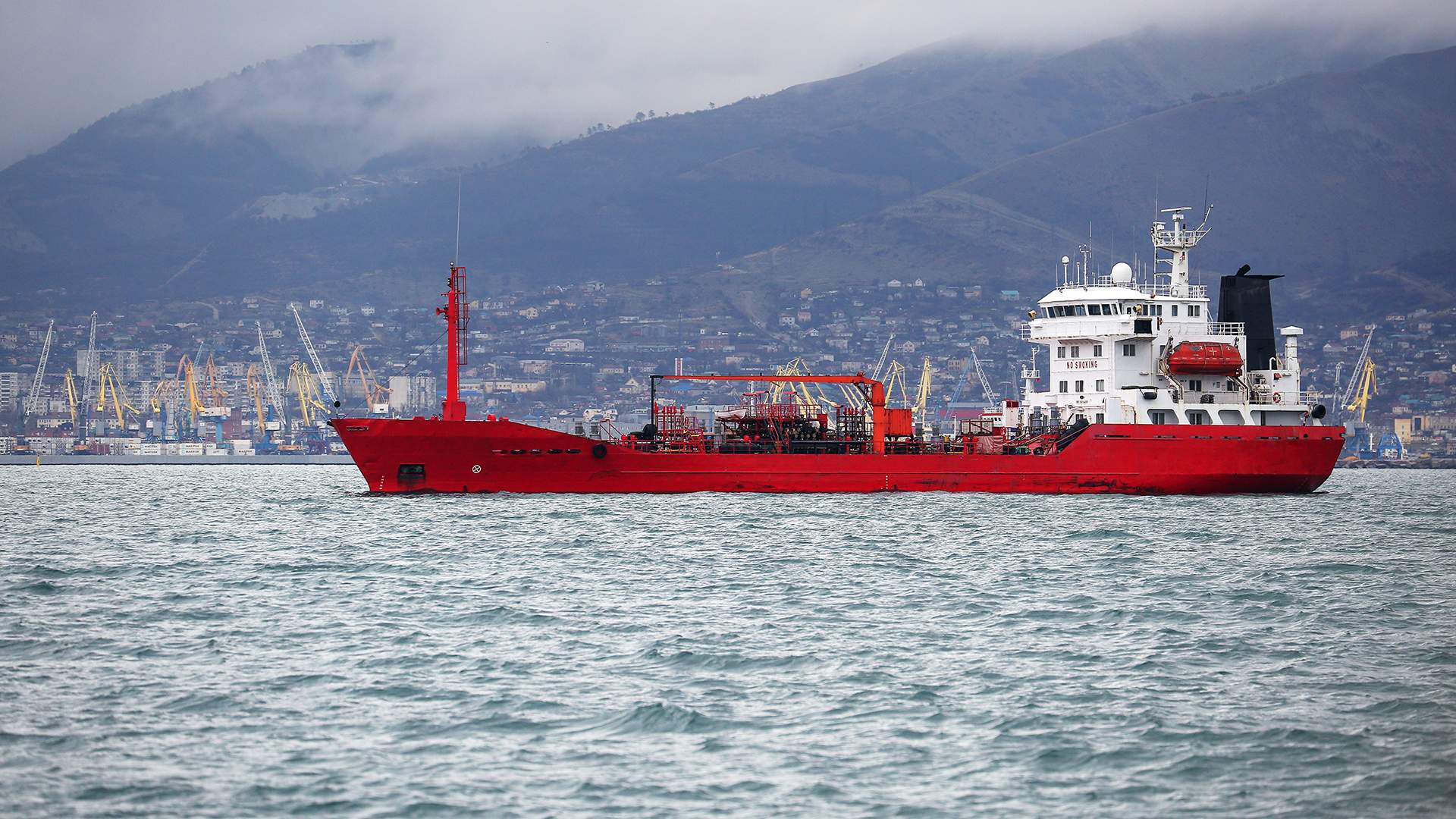Courts and trials: what is known about the 15th package of sanctions against Russia

On Monday, December 16, the European Union (EU) countries adopted the 15th package of sanctions against Russia. This was reported on the official website of the EU Council. Recall, the previous package was approved on June 25, 2024. It included restrictions on the transit of Russian liquefied natural gas (LNG). At the same time, sanctions were imposed against 116 individuals and legal entities in Russia. What is known about the 15-package of anti-Russian sanctions - in the material "Izvestia".
What was included in the 15th package of EU sanctions
The EU adopted another package of sanctions aimed at the economy and industry of Russia. The EU Council imposed restrictions against 30 organizations and 54 individuals. The sanctions also affected two high-ranking officials of the DPRK.
The EU Council specifies that the sanctions are imposed to "limit Russia's ability" to carry out military action in Ukraine. Publication of the sanctions package is expected on Monday in the Official Journal of the EU.
A statement on the EU Council's website says sanctions have been imposed on 52 vessels from third countries that Brussels says were used to circumvent the restrictions. The measure targets non-EU tankers used to transport weapons or grain from territories deemed by the EU Council to be Ukraine.
The EU Council also banned the recognition or enforcement in the EU of judicial decisions by Russian courts that barred proceedings in a jurisdiction other than Russia. The decision was taken "to better protect European companies from litigation with their Russian counterparts."
Earlier on Monday morning, December 16, Polskie Radio, citing the draft list, reported that the European Union plans to impose sanctions against 16 citizens of Russia, Georgia and Moldova, as well as three organizations. Details are not disclosed until the document is published in the Official Journal of the EU. This is done to ensure that people on the sanctions lists have no way to circumvent the restrictions.
How the new sanctions will affect the Russian Federation
Russian leader Vladimir Putin said during the XXII Congress of the United Russia party on December 14 that the Russian economy is only growing amid unprecedented sanctions.
"Russia is developing, the economy is growing, and this against the background of unprecedented, in the literal sense of the word, in the world history of sanctions, rude interference and pressure from the ruling elites of some states. But no blackmail, no attempts from the outside to prevent us from doing anything," he emphasized.
The President noted that Russia is confident in its strength and rightness, as well as that the long-term tasks of the state will definitely be solved.
Mikhail Belyaev, candidate of economic sciences, financial analyst, told the publication on October 23 that the country's economy has turned out to be stable and shows good growth rates.
"The most important factor is that our economy has turned out to be sustainable and even with satisfactory growth rates. And the plus is that they have finally started counting here by [purchasing power] parity. <...> This is a statistical value that more accurately reflects the state of the economies and their economic content without currency distortions that are introduced by the exchange rate, which is formed on the stock exchange," Belyaev said.
Russia's response to the EU sanctions
In response to the sanctions, the Russian side is expanding the list of EU representatives banned from entering the Russian Federation. Moscow's last response came on June 24, 2024, after the release of the EU's 14th package of sanctions. In April, Russian President Vladimir Putin explained that it is not always beneficial for Russia to act according to the talion principle, i.e. a symmetrical response to sanctions.
"We have to look at what is beneficial and disadvantageous for us in general," the Russian leader said at the time.
Earlier, Reuters, citing sources, reported that in early 2025, the EU countries plan to agree on the next (16th) large-scale list of sanctions against Russia and adopt it when the EU presidency passes from Hungary to Poland. It may include restrictions against Russian LNG and a ban for third countries on re-exporting a number of European goods to Russia.
Переведено сервисом «Яндекс Переводчик»




